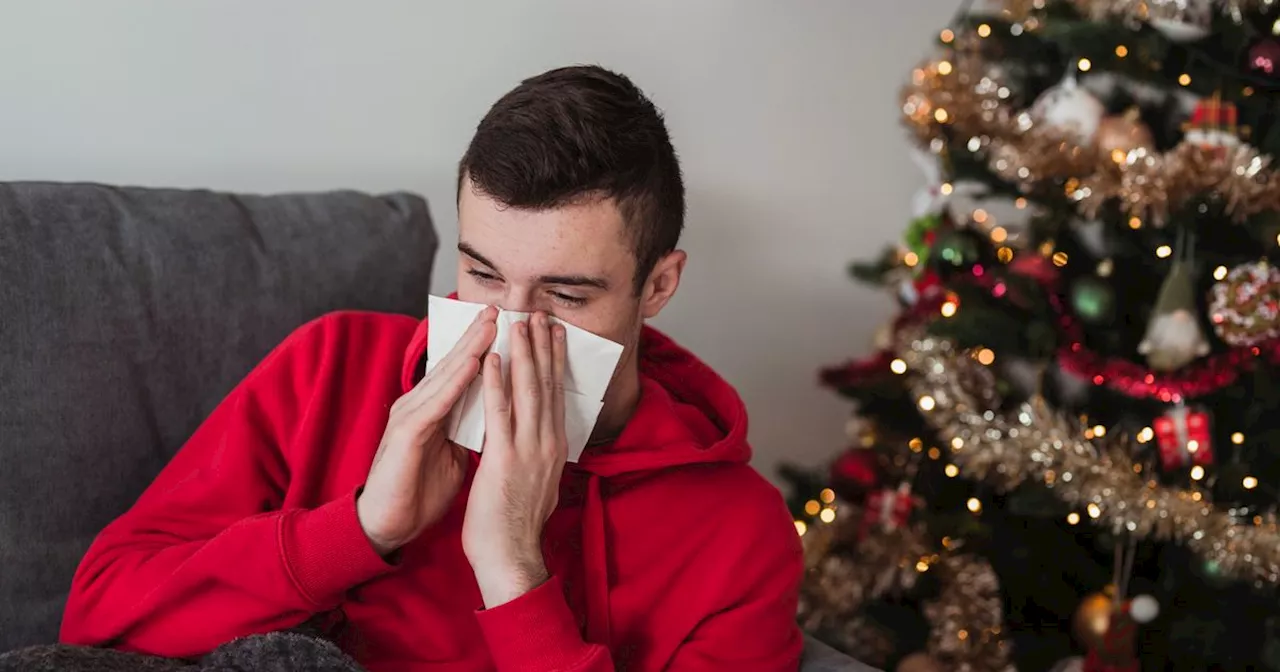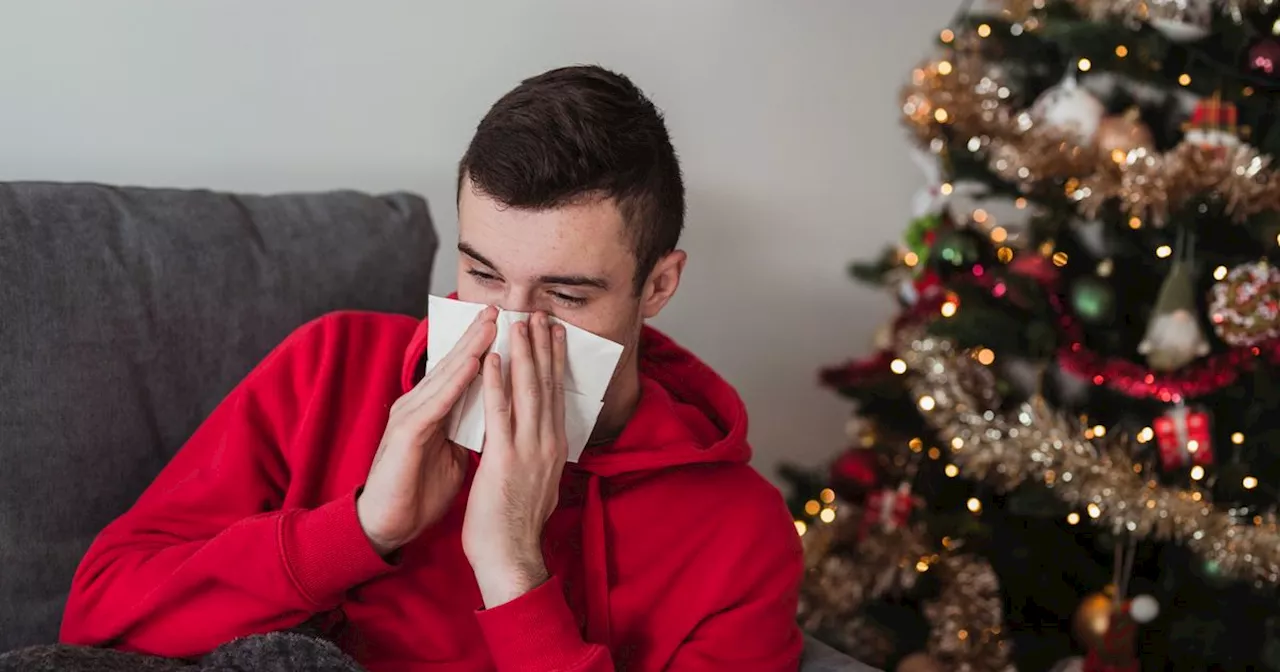Discover 5 productivity-boosting habits to avoid after work, according to experts. Learn about the importance of disconnecting from work, creating a relaxing evening routine, and prioritizing sleep for optimal focus and efficiency.
Experts share the habits to avoid in order to prevent burnout and keep you more focused during your actual workday. If you’re on a quest to be more productive, you might assume that you need to use every minute in the day to, well, accomplish something. But pushing yourself to work harder and faster doesn’t necessarily mean you’ll be more efficient. In fact, if you never give your brain time to rest and recuperate, your attention, creativity and problem-solving skills will suffer.
So, what’s the best way to boost productivity? According to the three experts we spoke to, it’s using your down time to recharge and refuel. As Sophie Mort, a clinical psychologist at nce we are feeling rested and fulfilled outside of work, we become more productive and present when we return.” What you do after work can have a profound effect on how alert and focused you feel the next day. With that, here are five things you absolutely want to avoid doing after work if you’re looking to up your productivity: shows that many people feel pressure to work around the clock, and those who keep chipping away at projects after-hours are more likely to experience burnout and lower job satisfaction.The takeaway: It’s crucial to give your brain some time off. “If we power through after work and keep working, our brains have no time to recover and reorganise,” said, the founder at Focused Mind ADHD Counselling. This can ultimately make you feel less motivated, creative and focused, he adds. Instead of working until bedtime, Lamb suggested occupying yourself with low-stress activities, such as going on a walk or reading a book. “This helps me clear my mind and relax so I can recharge and go back to work the next day with energy,” she said.Adding on to the above tip, you also want to avoid constantly refreshing your work notifications at night. Even if you’re not actually working, merely seeing email notifications from your teammates can keep your brain alert, according to the Mort said. Over time, this can deplete your productivity and energy levels, she explained, and, in some cases, lead to exhaustion and burnout. The fix: When you leave the office, turn off your work notifications and let your brain disengage from your job. If you have a work phone or laptop, leave them in another room. “ Taking these steps helps our minds to fully switch off from work, preventing us from burnout and preserving our energy, allowing us to be more energized and productive,” Mort said.Although working from home has its benefits, the lines between work and personal time have become blurred for many people. In fact, suggests that work and personal life have become so intertwined that it’s causing many people to lose focus and feel less motivated.According to Mort, not having some sort of “transitional marker” that tells your brain you are finished with work for the day can keep your brain stuck in work mode after-hours. She recommends doing an activity soon after you wrap up for the day that will signal you’re in personal time. This can be as simple as changing your clothes, washing your face with warm water or lighting a candle. Stick with it every day so your brain eventually equates the activity with the end of the workday.Instead of knocking out a ton of tasks after work ― like, say, all the laundry that’s been collecting in your hamper plus the grocery shopping you’ve been putting off ― try spreading your chores out across multiple days. “Sometimes, when you let everything pile up at once, you get daunting piles of to-dos that end up demotivating us all day,” Roberts said. Knowing you have demanding personal chores ahead can weigh on you all day and zap your energy. Roberts’ advice: Make sure your after-work to-do list feels manageable. If your tasks are unavoidable, try to bake in some down time or enjoyable, rewarding activities in between them. “We all can handle the drain of frustrating tasks when they are couched in more fulfilling activities.”If there’s one thing you take away from this article, let it be this: Getting a good night’s sleep is absolutely essential for yourHow exactly can you set yourself up for a successful snooze after you clock out? For starters, avoid drinking caffeinated beverages late in the day, and aim to go to bed at a reasonable time (it’s generally recommended to snooze at least seven hours each night, per the Mort also recommended creating a wind-down routine you can look forward to at night. Listen to a guided meditation, read a book or practice some gentle stretching. The goal is to find a simple, relaxing activity that prepares your body for sleep so you can drift off and wake up feeling recharged and ready to roll
PRODUCTIVITY BURNOUT SLEEP WORK-LIFE BALANCE STRESS
United Kingdom Latest News, United Kingdom Headlines
Similar News:You can also read news stories similar to this one that we have collected from other news sources.
 I tested a hangover supplement for my work Christmas partyI tried the Myrkl hangover supplement for my work Christmas party, but does it work?
I tested a hangover supplement for my work Christmas partyI tried the Myrkl hangover supplement for my work Christmas party, but does it work?
Read more »
 Nose-blowing Habits Could Be Making You SickerA leading doctor warns that common nose-blowing habits can actually increase the risk of ear infections and nosebleeds.
Nose-blowing Habits Could Be Making You SickerA leading doctor warns that common nose-blowing habits can actually increase the risk of ear infections and nosebleeds.
Read more »
 Nose-blowing Habits Could Increase Health Risks, Says DoctorA leading doctor warns that common nose-blowing habits could be doing more harm than good. Dr. Zachary Rubin explains that forcefully expelling air and mucus through both nostrils simultaneously can put pressure on delicate nasal passages, potentially damaging them. He cautions that this can also push viruses and bacteria into the back of the nasal canal, increasing the risk of ear infections. Excessive pressure can also cause nosebleeds and pain in the ears.
Nose-blowing Habits Could Increase Health Risks, Says DoctorA leading doctor warns that common nose-blowing habits could be doing more harm than good. Dr. Zachary Rubin explains that forcefully expelling air and mucus through both nostrils simultaneously can put pressure on delicate nasal passages, potentially damaging them. He cautions that this can also push viruses and bacteria into the back of the nasal canal, increasing the risk of ear infections. Excessive pressure can also cause nosebleeds and pain in the ears.
Read more »
 Women's Exercise Habits Lag Behind Men's, Study FindsA new study reveals that only one in four women meet the recommended minimum levels of physical activity across all age groups, while men consistently surpass these levels. The disparity is attributed to the ongoing burden of domestic and childcare responsibilities disproportionately faced by women.
Women's Exercise Habits Lag Behind Men's, Study FindsA new study reveals that only one in four women meet the recommended minimum levels of physical activity across all age groups, while men consistently surpass these levels. The disparity is attributed to the ongoing burden of domestic and childcare responsibilities disproportionately faced by women.
Read more »
 Quick Habits for a Sharper MemoryA short exercise boost brain power, with benefits lasting up to the next day. Other quick changes for improving memory include prioritizing sleep and relying less on GPS navigation to strengthen spatial memory.
Quick Habits for a Sharper MemoryA short exercise boost brain power, with benefits lasting up to the next day. Other quick changes for improving memory include prioritizing sleep and relying less on GPS navigation to strengthen spatial memory.
Read more »
 Common festive habits could cause harsh illnesses this winterYou might not realise it but some common festive habits you have might be making you more vulnerable to colds and other illnesses this winter.
Common festive habits could cause harsh illnesses this winterYou might not realise it but some common festive habits you have might be making you more vulnerable to colds and other illnesses this winter.
Read more »
